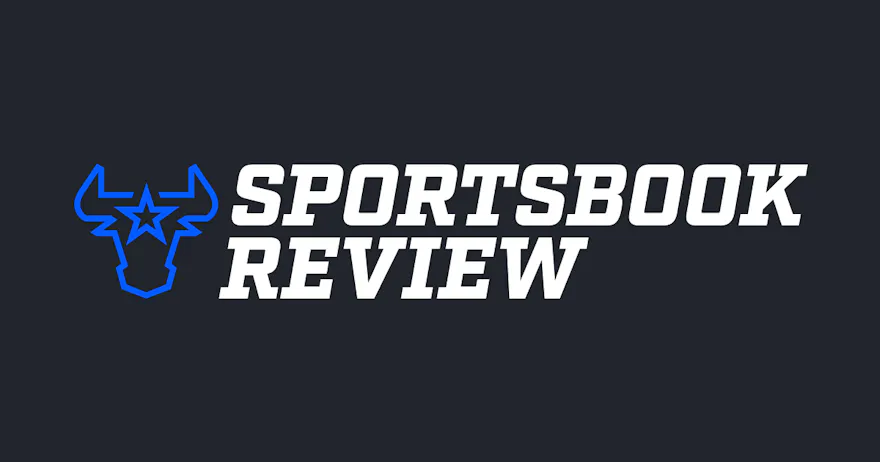The State of the US Legal Sports Betting Industry

It has been 30 months since the US Supreme Court overturned the Professional and Amateur Sports Protection Act (PASPA), paving the way for legal sports betting across the country. Despite some hiccups, both big and small, the US legal sports betting industry has been an overwhelming success with nowhere to go up from here.
As it stands, 17 states plus Washington, D.C. currently offer legal sports betting with Tennessee coming on board the next month or so. Others are waiting in the wings for their chance to join the wagering fray. The grandfather of legal betting in the US, Nevada is still in the elite category of states, but for a number of reasons, others are catching up, with one even surpassing the most experienced jurisdiction in the nation.
Milestone Passed in August
August will go down in US legal sports betting history as the month in which the US officially came out of an uber-challenging COVID-19-hole and set a record as far as its overall national handle is concerned. The $2.1 billion August handle also allowed the industry as a whole to hit another major milestone - $25 billion in total bets taken in since the 2018 Supreme Court's decision paving the way for legal sports betting in the US.
It was, perhaps fittingly that it was Nevada's $475 million August handle that took the US over that $25 billion mark.
As of Now…
There are four states of the 17 that have surpassed $1 billion in bets since the legalization of sports wagering. Nevada, of course, leads the way with $10.25 billion since 2018, New Jersey is next with nearly $7.7 billion, Pennsylvania has taken in nearly $2.7 billion and Indiana's total sports betting handle, as of August is $1.2 billion.
September promises to take the totals up significantly with the start of the NFL season and with the NBA, MLB, the NHL, and the US Open Golf tournament on the betting menu. Indiana has already reported their September to handle and unsurprisingly, they hit a record-high with regard to their monthly sports betting numbers.
What We Have Learned in 30 Months
If there is one thing that the US legal sports betting industry has learned from their 30+ months of operation is the value of a strong mobile platform. According to an American Gaming Association (AGA) report from earlier this month, 80% of the money flowing into sportsbooks has come from mobile apps and other forms of internet betting.
We have seen that the most bet-friendly states (minus Nevada) have relied on a strong mobile platform to prop up their impressive monthly totals. New Jersey, which has overtaken Nevada as the top dog in the industry reported over 90% of their totals coming from their robust mobile platform. Other Heavyweight states have reported between 85%-90% of their handles coming via mobile means.
Nevada, by contrast, sits at about 65% with regards to their mobile betting handle month-after-month.
The COVID Factor
The fact that the US sports betting scene has thrived is remarkable considering the coronavirus crisis that brought the industry to a virtual standstill for the better part of three months. Mobile has managed to stay afloat but retail has been especially hard-hit. Casinos are still being forced to observe the 25%-capacity rule and tourism to brick-and-mortar facilities has slowed dramatically.
The result is year-to-date retail gross gaming revenues sitting at $17.54 billion which represents an eye-opening 39.4% drop from last year at this time.
“COVID-19 has undoubtedly posed the most difficult economic challenge the gaming industry has ever faced,” Bill Miller, president, and CEO of the American Gaming Association said in a release. “Yet, gaming’s record popularity prior to COVID-19, as well our resilience in the midst of such adversity, is evidence of the industry’s foundation for continued success as we emerge from the pandemic.”
30 months of legal sports betting in the US has been incredible, but with new states coming on board and the platform becoming more mainstream seemingly every day, the next 30 months promises to dwarf what the first 30 months did. It is exciting times indeed for bettors, providers, and states that rely on the platform’s tax revenue.







